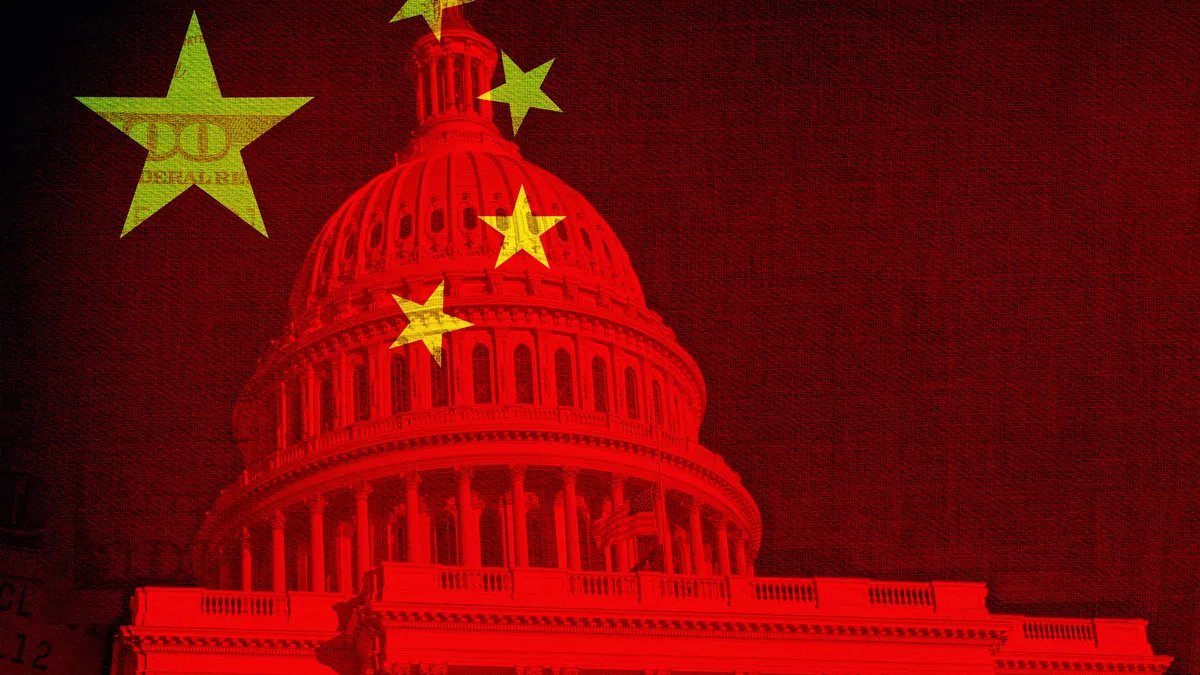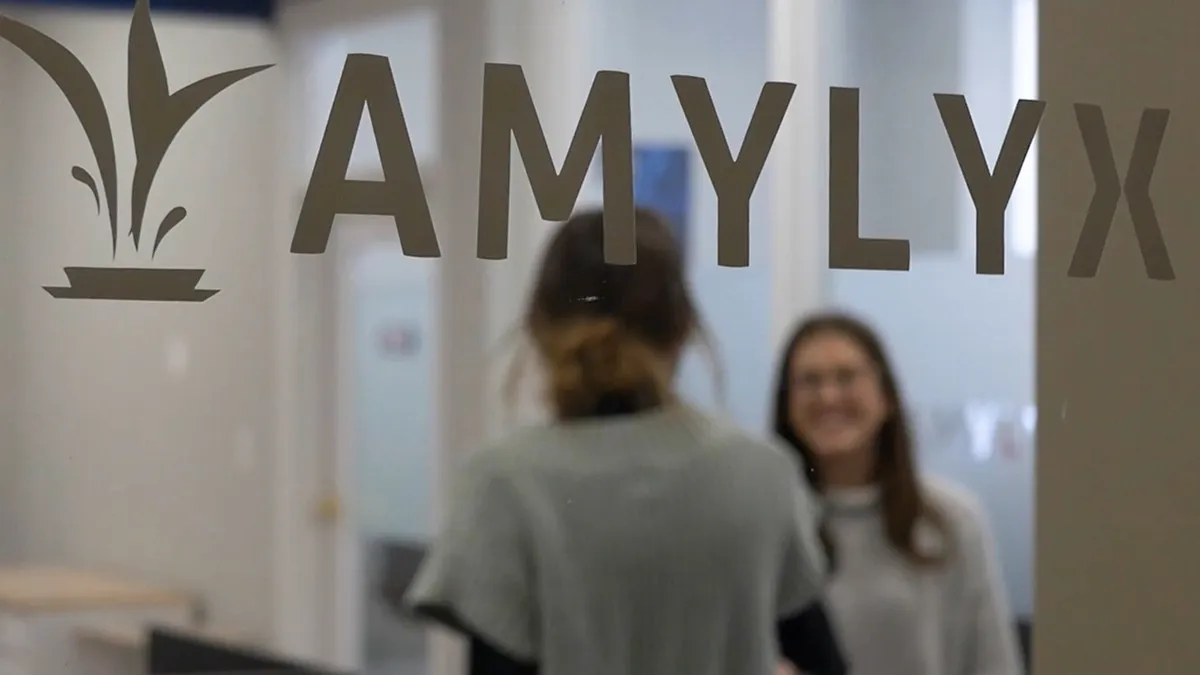The global economy has suffered from a few different simultaneous blows, and economists have warned of a mild or shallow recession in the U.S. by the end of the year as the Federal Reserve increases interest rates to rein in inflation.
Traditionally, the pharmaceutical industry has weathered downturns well as demand for its products remains unchanged. The same is not necessarily true of small and emerging biopharma companies, though, and the current economic uncertainty does reflect this duality.
Michael Levesque, senior vice president at Moody’s, notes that for established pharma companies, healthcare demand stays mostly consistent, since there are multiple payers across commercial and government institutions.
“So, we don't typically see a major reduction in pharmaceutical usage in slower growing economic periods,” he says.
While exposure to inflation is not without risk, it is low compared with other sectors. Nevertheless, generic drugmakers could take a hit.
“While the cost of ingredients is going up a bit, the gross margins are very high for branded pharmaceutical companies, so there seems to be room to absorb those for now,” Levesque says. “It’s generally generic pharmaceutical companies that are more exposed to ingredient costs rising, because they can't just pass those costs along very easily to customers, since those customers can pick a different generic.”
Rising interest rates would be more likely to impact lower rated companies where credit metrics are weak and where paying higher interest will constrain cash flow, Levesque says. Other issues, such as supply chain challenges, are less likely to impact branded pharmaceutical companies which have built in risk management around inventory, supply chain and logistics over many years by building up safety stock or having alternate suppliers.
A rocky road for small biotechs
The story is somewhat different for small and emerging biotech companies, however.
Mara Goldstein, managing director, Mizuho Americas, says because development-stage biotechnology companies do not have products to sell, they are dependent on their existing cash to maintain operations and fund R&D.
“Biotech companies access capital via corporate partnerships and milestones, but investment capital is by far the bigger source of funding,” Goldstein says. “The market downturn depresses equity valuations and reduces the ability to raise money via investment offerings, which means that companies are likely to think about stretching their cash runways. This means we are likely to see more restructuring and reprioritizing activity from these companies, particularly for those companies that have less than 12 months of cash.”
Mandy Jackson, analyst and managing editor of U.S. Commercial News at Scrip and The Pink Sheet at Informa Pharma Intelligence, says biopharma valuations are down across the board, but particularly for publicly traded companies, and especially earlier stage companies that may have gone public in 2020 and 2021, which were record-breaking years for biopharma IPOs in the U.S.
“Now with only preclinical or early clinical programs and no near-term value-creating milestones on the horizon, dozens of companies are restructuring, cutting R&D programs and implementing job cuts to make their cash last rather than raise money at unattractive terms in the current market; some companies have opted to shut down altogether,” Jackson says. “To be clear, the economic downturn is impacting companies across all sectors, but given the particularly risky nature of biotechnology and the length of time before many public drug developers will be revenue-generating companies, biopharma has been particularly hard hit.”
Interest rates can also have an impact on these smaller companies, as does inflation, since they affect the cost of conducting R&D.
Another area of concern for all industries has been talent shortages. For large pharma, Levesque doesn’t see this as a large risk, but Jackson points out that it has proven to be an issue for emerging biopharma.
“Given the record-breaking levels of venture capital financings and initial public offerings during the past few years, new company formation and growth in biopharma has been off the charts in recent years, and the pool of experienced and talented job candidates has not grown at the same pace to fill key executive roles as well as specialist needs, such as employees with knowledge or experience in cell and gene therapy development and manufacturing, or in drug development using artificial intelligence and machine learning,” she says.
“The problem preceded the economic downturn and the COVID-19 pandemic and does not appear to have waned, even as companies lay off employees due to current financial market dynamics,” she says.
How the war in Ukraine might impact product approvals
A downturn, rising interest rates and inflation are not the only factors weighing on global markets. The war in Ukraine and sanctions on Russia have added to the economic shock, particularly across Europe and Central Asia, and triggered a sharp rise in global oil prices. In the pharmaceutical sector, one issue that has been highlighted is the impact on clinical trials.
Companies had many clinical trials in Russia and Ukraine, and these have largely stopped enrolment of new patients or stopped initiating new trials in the area. Levesque says at this stage it’s hard to gauge the level of disruption, adding: “I don't think we have any basis to say there's going to be major disruption or major delays across the board or an impact on getting approvals,” he says. “Many clinical trials are global and patients will be recruited from alternate geographies. So again, it's not to say there's a zero impact and that there won’t be some delay, but we don't see that as being a major industrywide risk factor.”
Goldstein adds that the majority of companies that Mizuho Americas follows have generally been able to shift any clinical trial activity expected to take place in the Ukraine to other countries with relatively modest delays.
Dr. Vamil Divan, managing director, Mizuho Americas, does note one company with greater clinical trial exposure. “Karuna [Therapeutics] has a phase 3 trial that was taking place in the U.S. and Ukraine,” he says. “They are now increasing enrollment at the clinical sites in the U.S. and believe they will have results about one quarter later than they previously expected.”
















